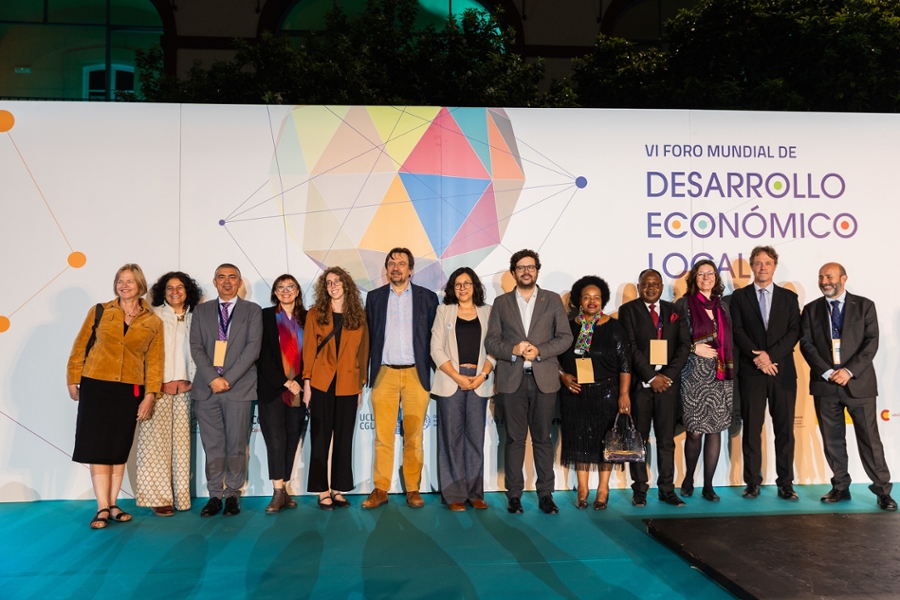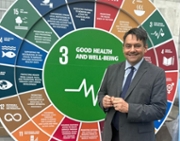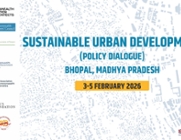The 6th World Forum on Local Economic Development

14 April 2025
A spotlight was focused earlier this month on the important theme of local economic development. From 1 to 4 April 2025, the 6th World Forum on Local Economic Development (WFLED) took place in Seville, Spain.
It was marked by a diverse agenda of sessions that addressed everything from the effects of climate change and the urgency of a just transition, to the financing of care and the development of skills, and the need to rethink financing for development across the board. Based at the FIBES Conference and Exhibition Centre, the Forum reaffirmed its role as a key space for building local solutions to global challenges.
The conference worked to promote local economic development by fostering political debate and strengthening global partnerships, with the objective of generating concrete actions at local, national and international levels. As a member of the international steering committee CLGF worked closely with the forum hosts, FAMSI to ensure the voice of our membership was amplified throughout the forum and that the experience and knowledge of Commonwealth local government was profiled across the various sessions.
Using spending to stimulate local economies
CLGF led two sessions at the forum. The first “Leveraging public procurement for local economic development” focused on the ways in which local government’s mandated spending can be used to reinforce local economies. Speakers presented examples of government procurement policies that supported local value chains with focuses on food security, SMMEs, and industrial development, as well as policies that maximised local employment and capacity building. Recommendations included the need for enabling policy environment, streamlining of procurement processes, enhancing transparency measures, focused support on SMMEs and to buy what can be bought locally from local suppliers.
Sustainable livelihoods
The second session “The blue and green economy: a path to unlock inclusive and sustainable development” focused on the integration of environmental stewardship into local economic systems, prioritising sustainable livelihoods, protecting and restoring natural capital and investing in climate-change resilience. Key recommendations included drawing on local community experience, mainstreaming sustainability throughout local government planning and activities and building awareness and capacity at all levels on the economic and social potential of the green and blue economy.
Highlighting Member activities
CLGF members were also highlighted across the wider set of key session over the three days of the conference including: South Africa in sessions on multi-stakeholder alliances, triple transition, care economy and procurement; Cameroon on financing for development; Eswatini on cross boarder LED, procurement & green-blue economy; and Canada on decentralised cooperation and the care economy.
Fair and decentralised financing
The 6th World Forum on Local Economic Development concluded with the agreement of a final declaration which included concrete proposals for a fair and decentralised financial architecture, with an emphasis on strengthening local public policies, the transition to sustainable economies, the recognition of the care economy and the promotion of place-based models. Achieving a just transition, rethinking the financing of development and unlocking the potential of local economic development from an inclusive and sustainable perspective were mainstreamed through the document which will be a key document going forward to the 4th Financing for Development (FfD4) conference later this year.
Back to News





